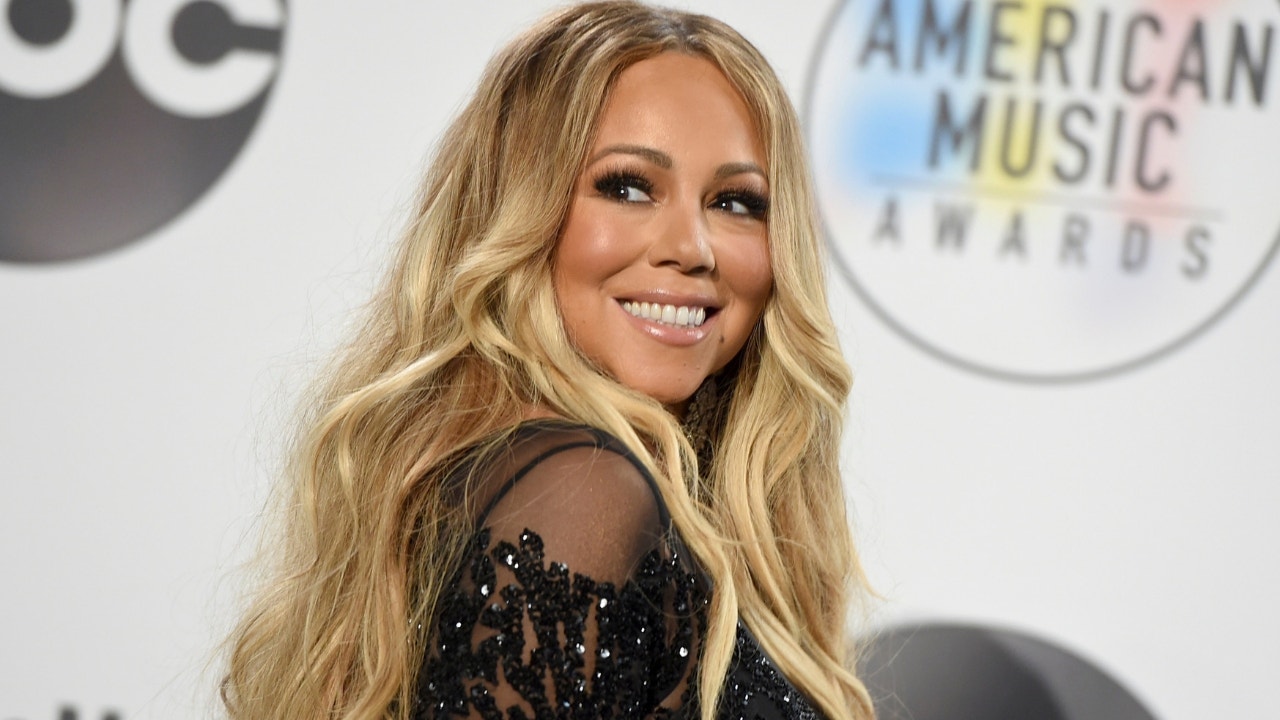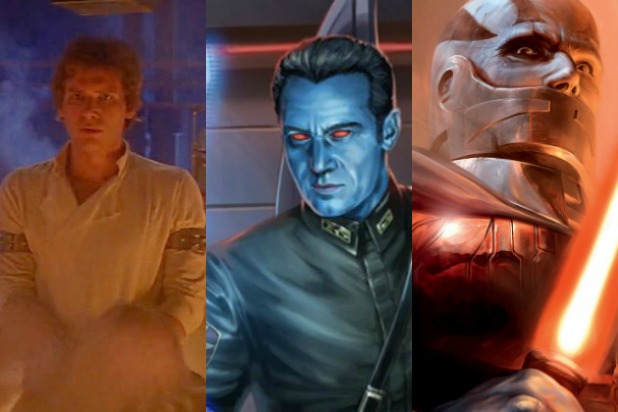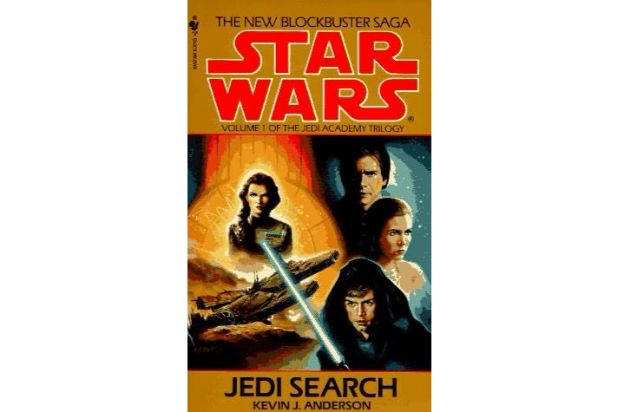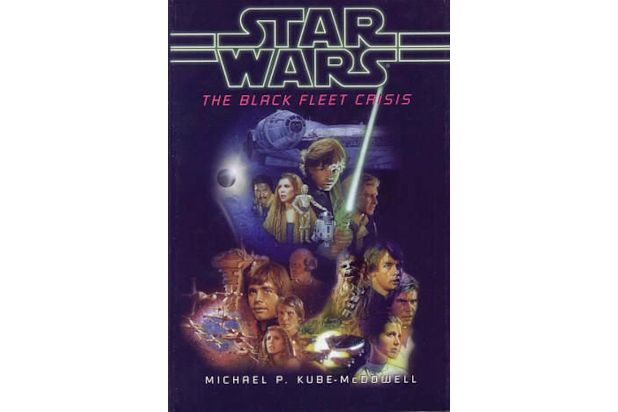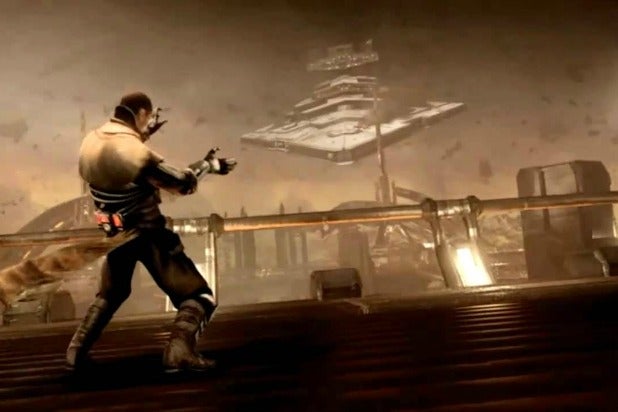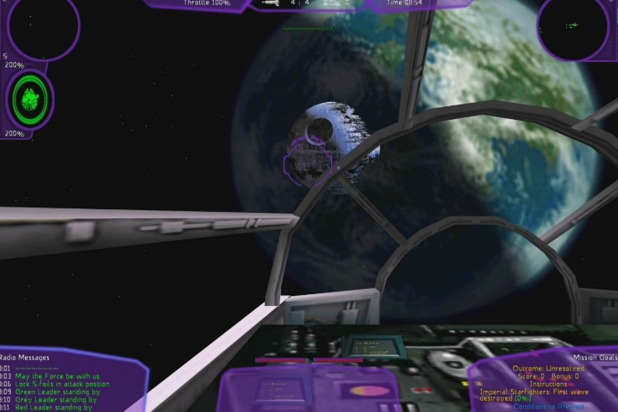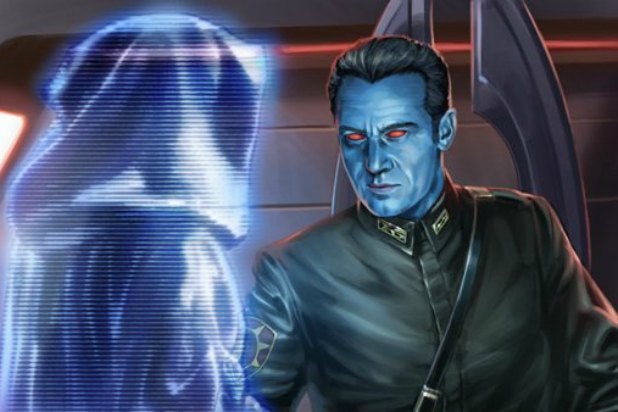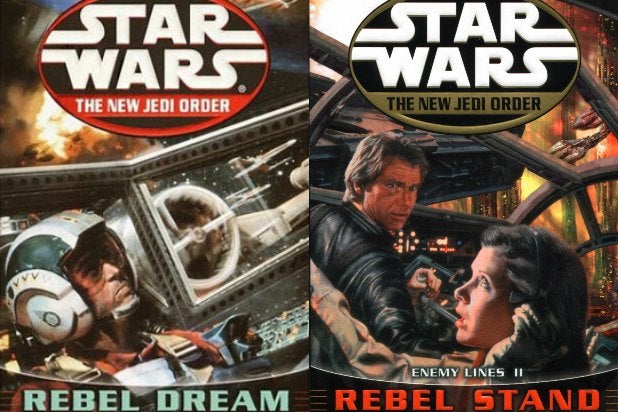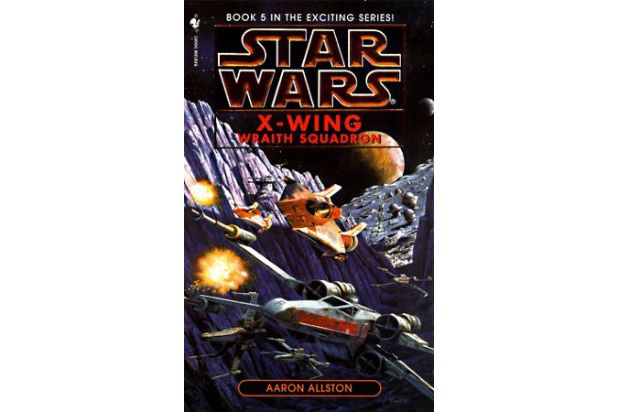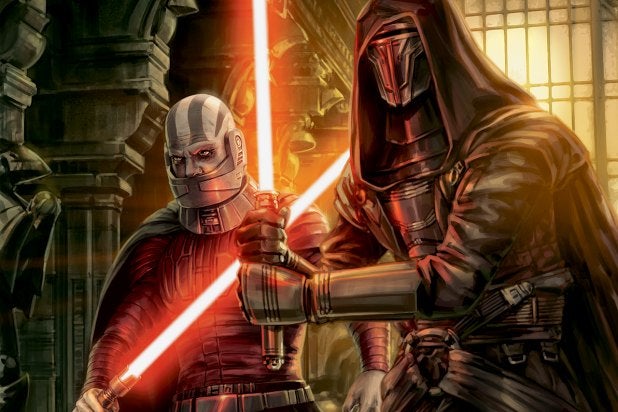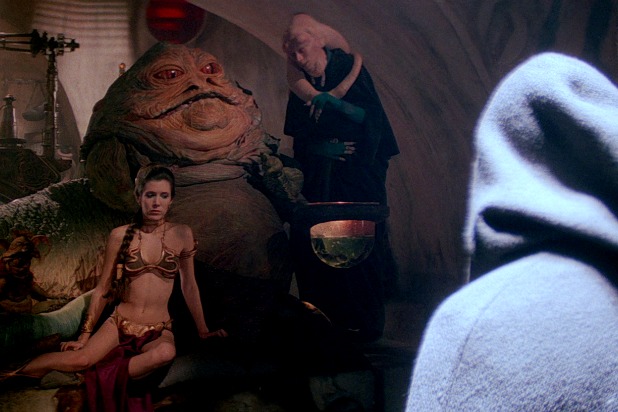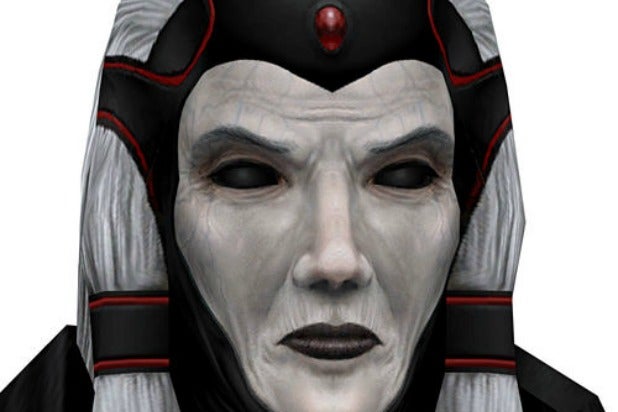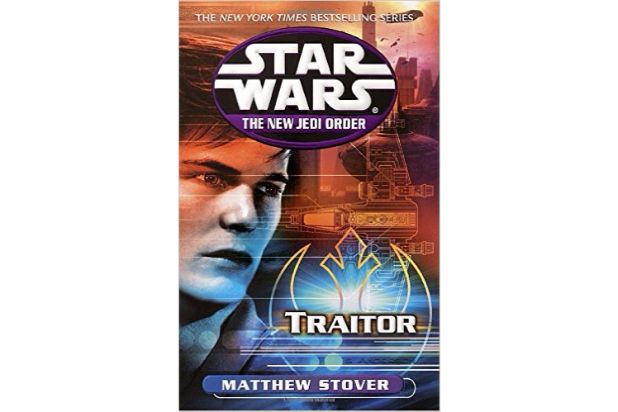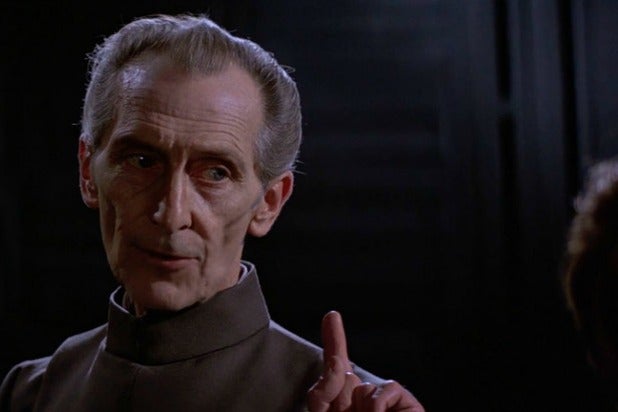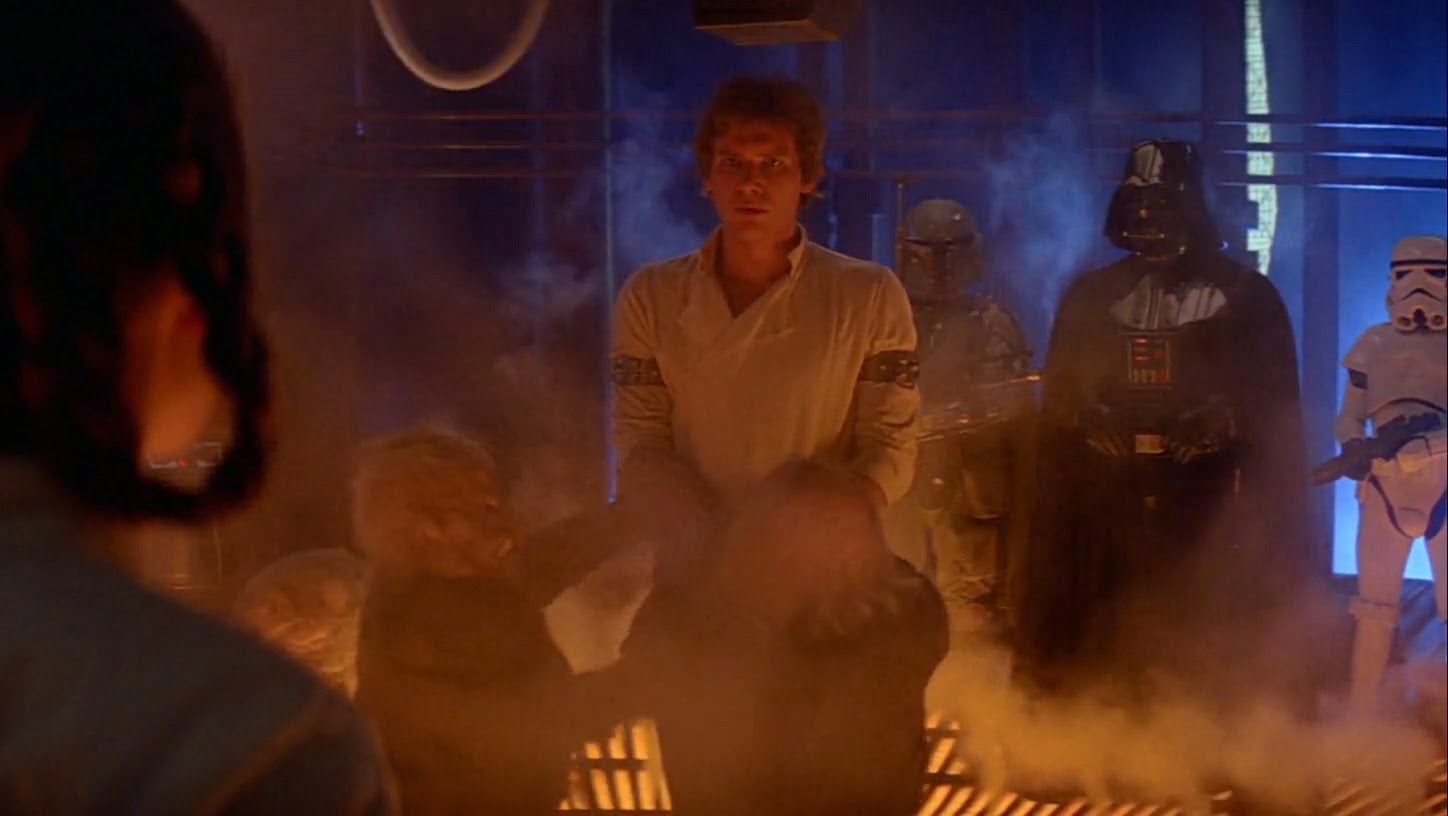You almost have to feel sorry for The Rise Of Skywalker. Yes, this is a guaranteed blockbuster, the very opposite of an underdog, the latest entry in one of the most popular media franchises in human history. It will make a billion dollars, and you will not. Yet the movie, the last in a new trilogy of Star Wars sequels produced without George Lucas’ involvement (or, it must be said, his acid-trip imagination), is so freighted with obligation that it almost groans under the weight, flashing a weak smile as it vaguely approximates the appearance of a zippy good time. Of course, most concluding chapters of a saga with a capital S carry burdens their predecessors don’t: They often end up feeling like the last act of a movie stretched to feature length—all falling action, no remaining mystery. But in the case of this ninth official episode, the batting-cleanup responsibilities are compounded by the expectations of a fanbase on the cusp of mutiny. Skywalker wants desperately to please them, a potentially impossible task it tackles with transparently ingratiating caution. This is a space opera animated not by joy but insecurity—the anxiety, evident in almost every moment, that if it’s not very careful, someone might feel letdown.
Technically, Skywalker picks up from the ending of the previous entry in the series, Rian Johnson’s imperfect but often spectacular and genuinely daring The Last Jedi. Johnson had the nerve to muck a little with the assumed trajectory of this ongoing story, and to toy with the characterization of a legendary hero like Luke Skywalker. So of course, plenty of diehards (and cast members) wanted to turn the Death Star on him. To their presumed relief, the reigns have been passed back to J.J. Abrams, who made the first movie of the new trilogy, The Force Awakens. That astronomical hit was designed, in its savvy but safe tracing over of A New Hope, to operate as a big reset, winning back those who hated Lucas’ prequels. Watching The Rise Of Skywalker, you realize that J.J. has been hired to do the same thing here; he’s made what feels sometimes like a glorified apology for his successor’s choices. Remember in Last Jedi when fallen son Kylo Ren (Adam Driver) smashed his Vader-esque helmet to bits as a symbolic rejection of the past? It takes him all of 15 minutes to weld it back together in Skywalker, the little red cracks across its surface evidence of a “mistake” that’s been mended. In other words, the thing’s still a metaphor.
In the first of Abrams’ many supposed course corrections, Skywalker inserts Kylo right back into the Empire chain of command he emancipated himself from in Last Jedi. He may have killed the wannabe Snook, but he’s not impervious to the offers of his replacement: the real emperor Palpatine (Ian McDiarmid), raised from the grave by some far-side-of-the-galaxy zealots. (Before anyone gets upset by this revelation, can we all agree that the very first line of the opening Star Wars text crawl isn’t a spoiler?) Part of what made Kylo such an interesting villain was that his ambitions weren’t strictly Sithian; caught in the shadow of his famous family, he reached for an alternative to the series’ good-evil dichotomy—call it a free-agent evil, maybe? But The Rise Of Skywalker wants him back in the familiar tug of war, his soul the stake in another battle between the light and dark sides of the Force. It’s all very Return Of The Jedi. And having made seductive appeals to Rey (Daisy Ridely) last time around, Kylo simplifies his pickup line: “I’m going to find you and turn you to the dark side.”
The plot is a busy thing, especially during Abrams’ heavily expositional first act, when he keeps leaping across the usual stock library of planet types. (Would you believe there’s another desert world that’s neither Tatooine nor Jakku?) Rey, tormented by visions of herself in a black robe, goes looking for one of the film’s various MacGuffins. Along for the ride is reformed Stormtrooper Finn (John Boyega), very Han-like flyboy Poe (Oscar Isaac), and ageless fuzzball Chewbacca (Joonas Suotamo). Addressing another item from the complaint box, Abrams doesn’t split up the gang like Johnson did, instead sending them on bantering group expeditions. The new class remains a likable lot; they’re the strongest element of this third trilogy. And The Rise Of Skywalker gets some light ensemble fun out of their misadventures, including the rare C-3PO subplot that’s both funny and even a little poignant. Not that everyone has an equal role. Kelly Marie Tran’s Rose, introduced in Johnson’s film, has been largely sidelined by popular/toxic demand. And the late Carrie Fisher has only a few scenes, thanks to some awkwardly integrated archival footage. (A franchise long haunted by the ghosts of the past, Star Wars now involves both dead characters played by living actors and living characters played by dead actors.)
Abrams likes to dig around in sandboxes he didn’t build. His only non-franchise picture, Super 8, still feels like one, in the sense that Steven Spielberg is basically his own franchise. In many ways, the director’s bookending what he started in 2015; this is another Star Wars movie that seems more interested in echoing old pleasures—through crowd-pleasing cameos, through recycled plot beats—than pushing this franchise in new directions. But The Force Awakens, for all its play-it-safe retread, was a more stirring blast of pop entertainment. It was better paced, at least, with a first act that took the time to reinvest in the mythic scale of the galaxy far, far away. And it offered a sense of rediscovery after a decade with no new episodes. Arriving at a time when the novelty of Star Wars as a cultural event has given way to something like appointment-viewing fatigue, The Rise Of Skywalker can’t conjure the same excitement just playing the hits. There’s a certain desperation to its action: The lightsaber duels and deep-space dogfights and close encounters arrive at a steady clip, but they’re more like items on a checklist than anything else. The director’s own Force is a phantom survey conducted in the narrow cracks between perfunctory set-pieces, nervously and implicitly demanding to know if we’re having fun yet.
These movies have been always been about legacy: Going back to the 1977 original, in which a plucky farm boy got drafted into a cosmic struggle, they’ve followed characters trying to find their place in a story older and bigger than themselves. The new trilogy makes that aspect both text and subtext—these are Star Wars films about how difficult it is to live up to Star Wars. Rey and Kylo, especially, seem to carry the anxiety of their creators on their backs, sometimes wondering aloud how they could possibly compete with the reputations of those who came before them. Yet if Abrams preaches the importance of creating your own destiny, and of not letting your lineage determine it, the plot of The Rise Of Skywalker betrays that message: By the end, everyone has fallen into their proper place in the grand mythology, like the holo-chess pieces on the Millennium Falcon. What’s the point in introducing so many interesting new characters and then pushing them through the blueprints of old adventures? It leaves you pining for a Star Wars movie that charts its own path, until you remember such a movie exists already, and it’s being all but retconned before your eyes. Save the sympathy for that billion-dollar blockbuster.
https://news.google.com/__i/rss/rd/articles/CBMiWmh0dHBzOi8vZmlsbS5hdmNsdWIuY29tL3RoZS1yaXNlLW9mLXNreXdhbGtlci1yZWJhbGFuY2VzLXN0YXItd2Fycy1pbnRvLWEtZm9yY2UtMTg0MDUwMTYxMdIBXmh0dHBzOi8vZmlsbS5hdmNsdWIuY29tL3RoZS1yaXNlLW9mLXNreXdhbGtlci1yZWJhbGFuY2VzLXN0YXItd2Fycy1pbnRvLWEtZm9yY2UtMTg0MDUwMTYxMS9hbXA?oc=5
2019-12-18 10:20:00Z
52780480060806

